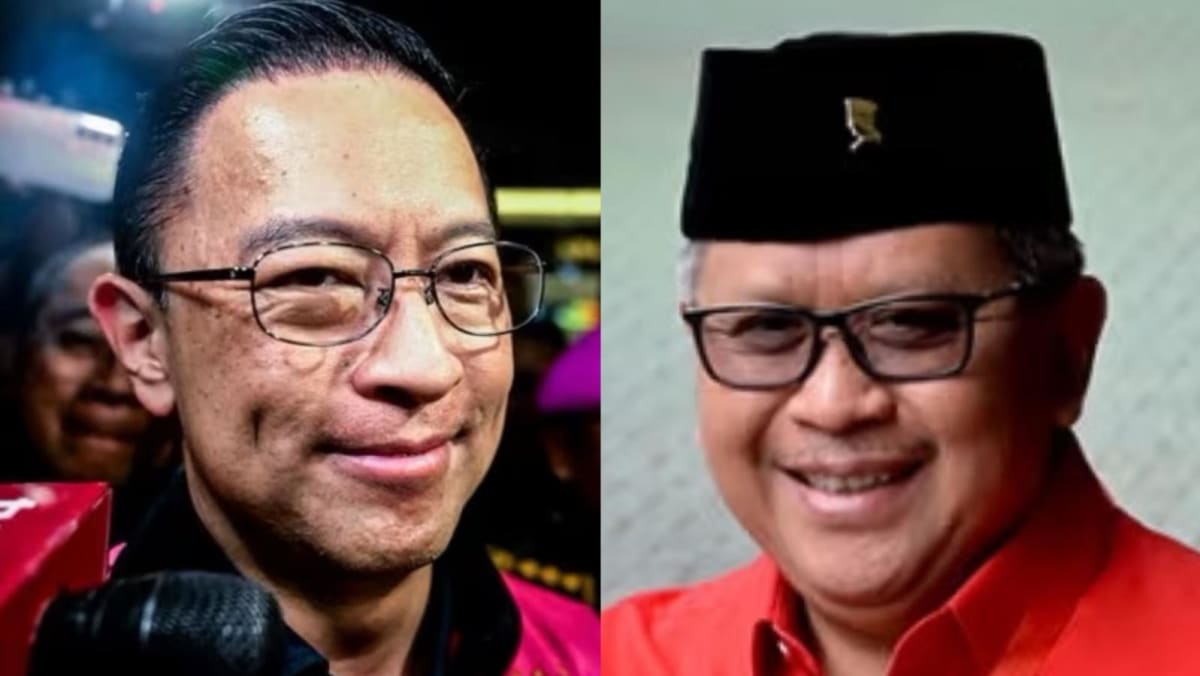By granting amnesty to Thomas and Hasto, Prabowo is sending mixed messages about his anti-graft commitment, observers said.
“Throughout history, no corruption convict has ever received amnesty or abolition,” Yassar Aulia, a researcher from the non-for-profit group Indonesia Corruption Watch told BBC Indonesia.
Yassar said the government should have allowed Thomas and Hasto to appeal the decisions by the lower courts to clear their names.
The activist noted that there are many court testimonies from both cases which could be explored further by the higher courts and law enforcers, which could lead to more charges and convictions.
“Instead, (the government) intervened and these cases are considered closed,” he said.
Feri Amsari, a law expert from Andalas University, agreed.
“Historically (in Indonesia), amnesty and abolitions were given to political prisoners because of regime changes, or provided on humanitarian grounds to petty criminals. This time is different. It is purely political,” Feri told CNA.
“This is a bad precedent. In the future, all corrupt officials may be given clemency if it suits the political interests of those in power.”
POLITICAL UNDERTONES AND PUBLIC SUPPORT
It is worth noting that when criminal charges were initially brought against Thomas and Hasto, they were widely criticised as trumped up and political, particularly since both men were charged just weeks after Prabowo was sworn in as the country’s eight president last October.
“These cases sparked quite strong public backlash with some people fiercely criticising the government,” said Adi Prayitno, a political expert from Syarif Hidayatullah State Islamic University.
Thomas and Hasto also attracted public sympathy, particularly after their conviction.
Prabowo, therefore, “might be trying to quell the backlash and stop it from further hurting support for the government”, Adi added.
